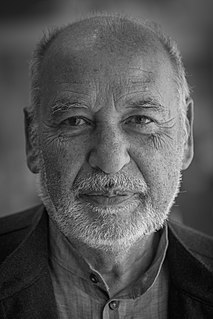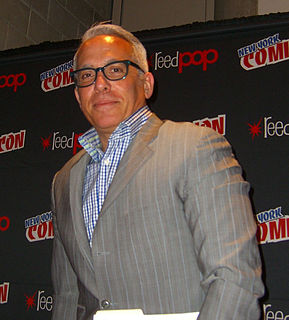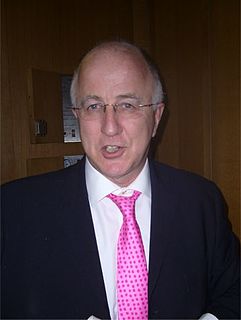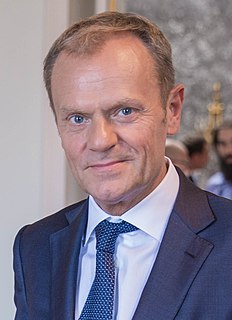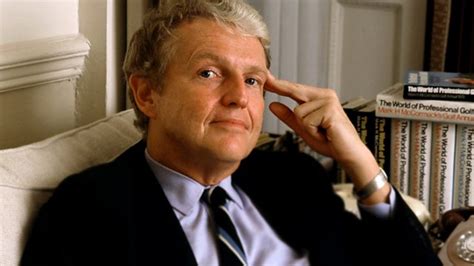A Quote by Tahar Ben Jelloun
New ideas should confront old ideas. We must refer to the example of Europe. People have fought to make Europe what it is today. Freedom is not something that is served up on a plate.
Related Quotes
I think that growing up in a crowded continent like Europe with an awful lot of competing claims, ideas, cultures, and systems of thought we have, perforce, developed a more sophisticated notion of what the word freedom means than I see much evidence of in America. To be frank, it sometimes seems that the American idea of freedom has more to do with my freedom to do what I want than your freedom to do what you want. I think that in Europe we're probably better at understanding how to balance those competing claims, though not a lot.
What is called for is an exquisite balance between two conflicting needs: the most skeptical scrutiny of all hypotheses that are served up to us and at the same time a great openness to new ideas. If you are only skeptical, then no new ideas make it through to you. On the other hand, if you are open to the point of gullibility and have not an ounce of skeptical sense in you, then you cannot distinguish useful ideas from the worthless ones.
Cities need old buildings so badly it is probably impossible for vigorous streets and districts to grow without them.... for really new ideas of any kind--no matter how ultimately profitable or otherwise successful some of them might prove to be--there is no leeway for such chancy trial, error and experimentation in the high-overhead economy of new construction. Old ideas can sometimes use new buildings. New ideas must use old buildings.
You're thinking of Europe as Germany and France. I don't. I think that's old Europe. If you look at the entire NATO Europe today, the center of gravity is shifting to the east. And there are a lot of new members. And if you just take the list of all the members of NATO and all of those who have been invited in recently -- what is it? Twenty-six, something like that? -- you're right. Germany has been a problem, and France has been a problem.
I'm going to show you the real New York - witty, smart, and international - like any metropolis. Tell me this: where in Europe can you find old Hungary, old Russia, old France, old Italy? In Europe you're trying to copy America, you're almost American. But here you'll find Europeans who immigrated a hundred years ago - and we haven't spoiled them. Oh, Gio! You must see why I love New York. Because the whole world's in New York.
If we want to create new rules of globalization, then we can't just think in terms of the nation state. The nation state has long offered protection. But it suffers from the fact that many citizens increasingly fear that it can no longer protect them: The threat of transnational terrorism is growing. Freedom of movement rules in Europe facilitate social dumping. Regardless of the make-up of the next government, it must have clear ideas on how to overcome the lack of direction of recent years.
History has often showed us the strength of the forces that are unleashed by the yearning for freedom. It moved people to overcome their fears and openly confront dictators such as in East Germany and Eastern Europe about 22 years ago... The yearning for freedom cannot be contained by walls for long. It was this yearning that brought down the Iron Curtain that divided Germany and Europe, and indeed the world, into two blocs.
In 2003, at the time I made my "Old Europe" comment, the center of gravity in NATO and Europe had long since shifted to the East. With the former Warsaw Pact countries joining NATO, the alliance has a different mix today. Some people were sensitive about my comment because they thought it was a pejorative way of highlighting demographic realities. Apparently they felt it pointed a white light at a weakness in Europe - an aging population. Europe has come some distance since World War II in becoming Europe.
What we've witnessed in the past 25 or 30 years is just incredible. We've birthed 30,000 or 40,000 restaurants. I used to go to Europe every year to get experience [and ideas]. I don't go to Europe anymore. I go to Oregon, I go to Washington, I go to Louisiana, I go to Little Rock, I go to Austin, I travel New York City. I don't go to Europe anymore.
